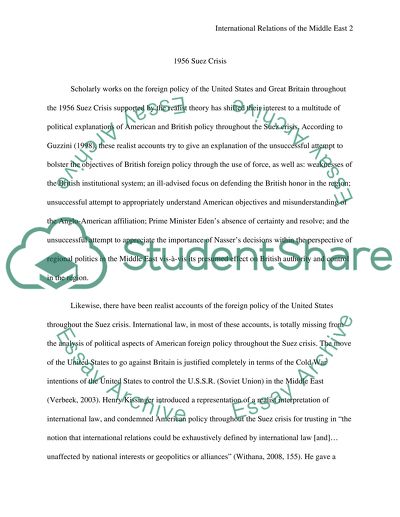Cite this document
(“Understanding Middle Eastern Politics and Global Hegemony Essay”, n.d.)
Retrieved from https://studentshare.org/politics/1396028-understanding-middle-eastern-politics-and-global-hegemony
Retrieved from https://studentshare.org/politics/1396028-understanding-middle-eastern-politics-and-global-hegemony
(Understanding Middle Eastern Politics and Global Hegemony Essay)
https://studentshare.org/politics/1396028-understanding-middle-eastern-politics-and-global-hegemony.
https://studentshare.org/politics/1396028-understanding-middle-eastern-politics-and-global-hegemony.
“Understanding Middle Eastern Politics and Global Hegemony Essay”, n.d. https://studentshare.org/politics/1396028-understanding-middle-eastern-politics-and-global-hegemony.


